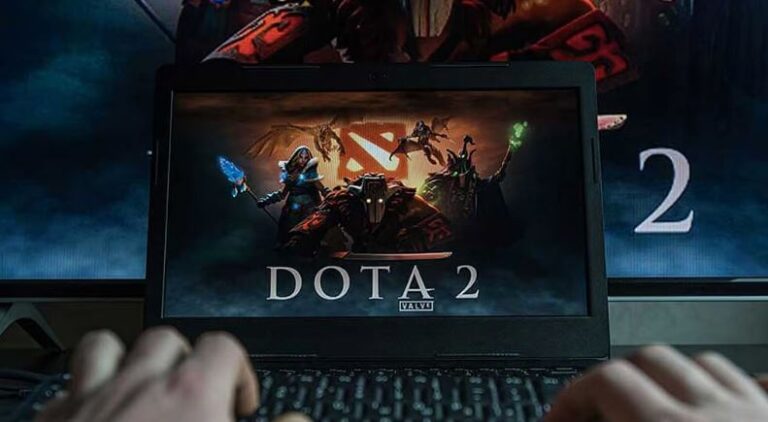In today’s fast-paced, tech-driven world, the way we interact with our devices is constantly evolving. One of the latest innovations making waves in various industries is the touch screen panel PC. If you’ve ever used a tablet or smartphone, you’re already familiar with the convenience of touch technology—but imagine bringing that functionality to your workplace, production floor, or even home office!
This blog will walk you through what makes a touch screen panel PC special, how it can improve productivity, and some actionable tips on selecting the right one for your needs.
What Exactly is a Touch Screen Panel PC?
Before diving into the benefits and tips, let’s get clear on what we’re talking about. A touch screen panel PC is an all-in-one computer system where the display includes a built-in touch-sensitive screen. Unlike traditional computers that require external peripherals (like a mouse or keyboard), a touch screen panel PC allows you to interact directly with the screen using your fingers or a stylus. This technology has revolutionized various industries, including retail, manufacturing, healthcare, and education.
Now that we’ve established what a touch screen panel PC is, let’s explore its benefits and how it can change your workspace for the better.
Why Should You Consider a Touch Screen Panel PC?
1. Improved Productivity and Efficiency
One of the biggest advantages of using a touch screen panel PC is the boost in productivity. By simplifying interactions—like navigating software or selecting items on the screen with a simple tap—you can reduce the time spent on tasks. Imagine a busy warehouse or hospital environment where time is of the essence. Workers can rapidly access data, check inventory, or even communicate with team members without fiddling with a keyboard or mouse.
2. Space-Saving Design
Traditional desktop setups often take up significant space. Between the tower, monitor, keyboard, and mouse, your desk can feel cluttered. In contrast, a touch screen panel PC is typically compact and combines everything into one sleek design. This means more room for other important work tools, paperwork, or simply a cleaner, more organized environment. Whether you’re working in an office or a cramped industrial space, the minimal footprint of a touch screen panel PC can be a real game-changer.
3. Ease of Use for All Ages and Abilities
Whether you’re a tech-savvy millennial or someone who finds traditional computers intimidating, a touch screen panel PC is incredibly user-friendly. The intuitive design makes navigating menus, opening apps, or inputting data much simpler. This is particularly useful for businesses that employ people of different ages or those who may have disabilities. For instance, a touch screen can be easier to use for individuals with motor impairments compared to using a mouse or keyboard.
4. Versatility Across Various Industries
What’s really cool about touch screen panel PCs is their versatility. They’re used in retail for point-of-sale systems, in healthcare for patient check-ins, and in industrial settings for controlling machinery. These PCs can be customized with industry-specific software and come in rugged designs that withstand harsh environments, like extreme temperatures or dusty factory floors. No matter what industry you’re in, there’s a touch screen panel PC that can suit your needs.
Actionable Tips for Choosing the Right Touch Screen Panel PC
Now that you’re convinced of the benefits, let’s go over some practical tips on how to choose the best touch screen panel PC for your workspace.
1. Consider the Screen Size
The size of the touch screen can make a big difference depending on how you plan to use it. For retail or healthcare environments, a smaller screen (10–15 inches) might be perfect. However, if you’re in an industrial setting or plan on running complex software, a larger screen (17–24 inches or more) will give you the real estate you need for multitasking and navigating your applications. It’s all about finding the right balance between space and functionality.
2. Touch Sensitivity and Type
There are different types of touch technology: resistive and capacitive. Resistive touch screens require pressure to register, making them great for environments where gloves are worn, such as in manufacturing. Capacitive touch screens, on the other hand, respond to the lightest touch, much like your smartphone. If you need a device that multiple people can use simultaneously (like a shared workspace or retail environment), look for multi-touch capability.
3. Durability and Environmental Considerations
Think about where you’re placing the PC. Is it a clean, temperature-controlled office? Or a rough-and-tumble factory floor? Many touch screen panel PCs are designed with durability in mind. Some models are dustproof, waterproof, and built to handle vibrations or extreme temperatures. If you’re in a harsh environment, make sure you invest in a rugged model that can stand up to wear and tear.
4. Software Compatibility and Customization
One important factor to consider is what software you’ll be running on your touch screen panel PC. Different industries require different applications, and not all PCs are equipped to handle the same workloads. Make sure the PC you choose can support the software you need, whether it’s for inventory management, customer service, or machine operation. Some manufacturers offer custom-built solutions that come pre-loaded with specific software for your industry, which can save you a lot of time and effort during setup.
5. Mounting Options and Portability
Depending on your workspace, you may want to look at mounting options. Wall-mounted touch screen panel PCs are popular in places like hospitals, where space is limited, and the PC needs to be easily accessible. For retail environments, counter mounts are ideal. If your job requires mobility, some panel PCs come with built-in handles or can be mounted on wheeled carts. This flexibility allows you to customize the PC to fit your specific workspace needs.
Final Thoughts
There’s no doubt that touch screen panel PCs are shaping the future of work across many industries. Whether you’re looking to improve efficiency, save space, or enhance user experience, these devices offer significant advantages over traditional setups. Plus, with so many models available, from rugged industrial machines to sleek, modern office PCs, there’s a solution for every type of business.
Ready to upgrade your workspace? Keep in mind the tips we’ve shared when choosing your touch screen panel PC to ensure it meets your unique needs. Once you make the switch, you’ll wonder how you ever managed without it!











+ There are no comments
Add yours